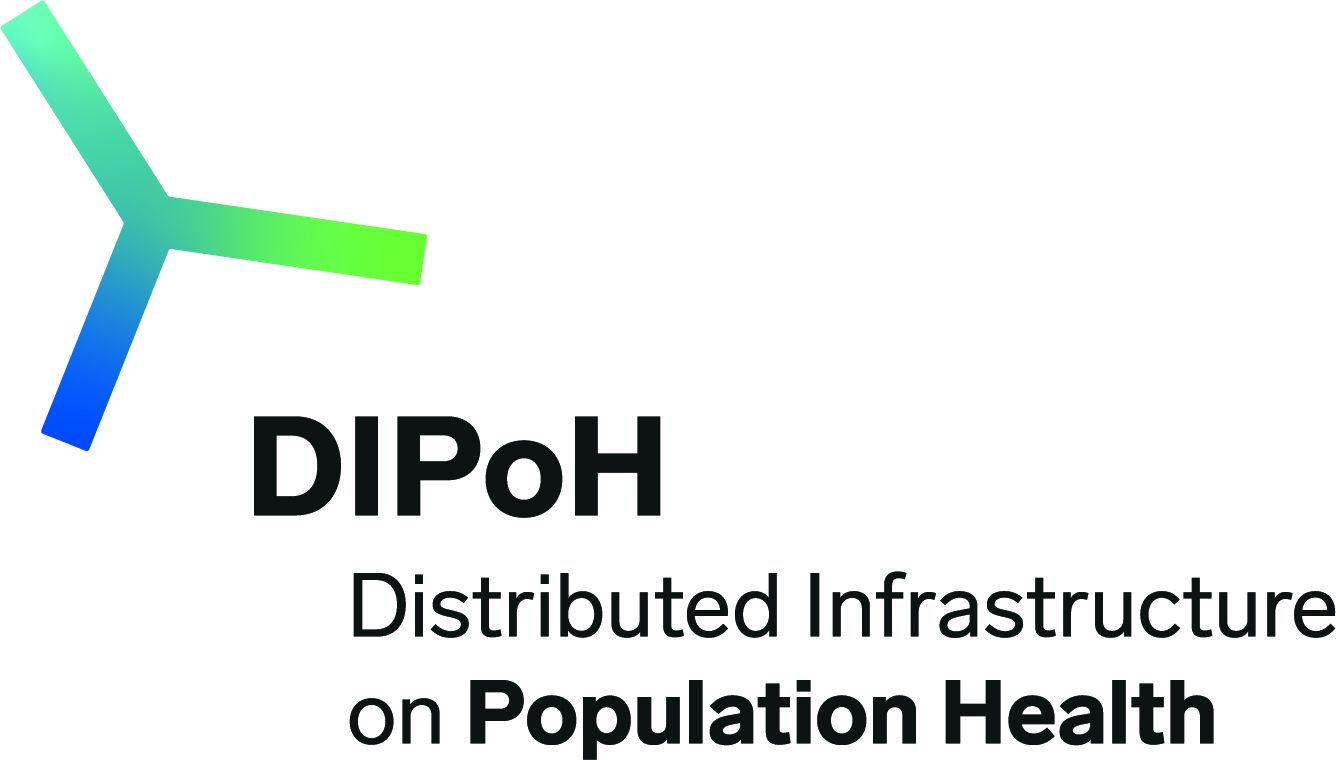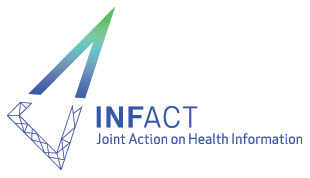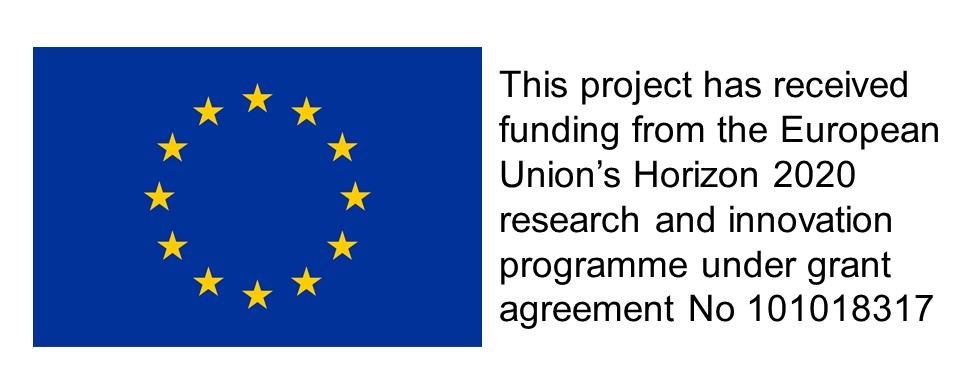The European Study on the Epidemiology of Mental Disorders
Analysis of role functioning, absenteeism and presenteeism in persons with anxiety, depression and substance use problems





This page offers information about European Health initiatives. Would you like to find more initiatives in Europe? Consult this list!
Analysis of role functioning, absenteeism and presenteeism in persons with anxiety, depression and substance use problems
Ageing Well: A European Study of Adult Well-Being (ESAW) would produce a European Socio-Cultural Model for Ageing Well, which estimates the direct causal contribution of five key components (physical health and functional status, mental efficacy, life activity, material security and social support) with personal characteristics and culture to the outcome variable ageing well.
The overall aim of ENRIECO is to advance our knowledge on specific environment and health causal relationships in pregnancy and birth cohorts by providing support to exploitation of the wealth of data generated by past or ongoing studies funded by the EC and national programmes.
ENWHP has set out to promote the development of workplace health promotion in Europe. This is done through the activities of members and through the relationships the network develops with other organisations.
ENHIS2 (2005-2007) will address the current priority policies, including those related to children`s environment and health supporting the on-going European process, assuring their synergy and reducing duplication. This project will include development of methods and their practical application in most of the EU countries. Through active involvement of the national authorities and experts, the project will contribute to the development of sustainable health information and knowledge system. It will provide practical training to EH personnel in monitoring EH policies and actions. It will put into operation core indicators designed and tested in this, and previous WHO-coordinated projects.
The ENHIS project (2004-2005) aims at starting operating the comprehensive information and knowledge system (ENHIS) that will generate and analyse environmental health information to support relevant policies in Europe, including those addressing children. The system will be based on a set of EH Indicators, will use health impact assessment methods and will contribute to the EC Health Information System.
Tackle technical challenges when scaling up real-world health data research. It will develop common technical and governance solutions and improve access and use of health data. To this aim, a common Information Framework (EMIF-Platform) will link up and facilitate access to diverse medical and research data sources.
The main aim of this project is to provide a central facility for the co-ordinated analysis and synthesis of life and health expectancies: The European Health Expectancy Monitoring Unit (EHEMU)
Raise political, institutional and scientific awareness of the importance of local, long-term and multi-stakeholder approaches for childhood obesity prevention, to enrich existing methodologies and develop guidelines on the EPODE key pillars.
The European Core Health Indicators (ECHI), formerly known as European Community Health Indicators, is the result of long-term cooperation between EU countries and the European Commission. Three ECHI projects (1998-2001, 2001-2004, 2005-2008) funded under the EU Health Programmes established the first lists of ECHI indicators, aiming to develop and implement health indicators and health monitoring in the EU and all EU Member States and to provide comparable health information and knowledge system to monitor health at EU level.
